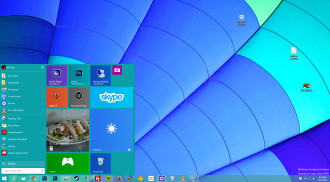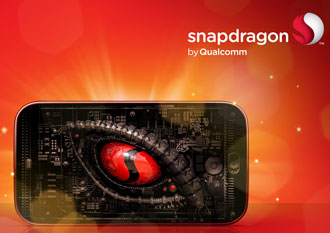 A report said 12 small to medium sized enterprises (SMEs) are asking the government to investigate IT giant Capita for allegedly damaging their business.
A report said 12 small to medium sized enterprises (SMEs) are asking the government to investigate IT giant Capita for allegedly damaging their business.
According to the Independent, the Cabinet Office has started an investigation into Capita after the group of SMEs alleged that it was exploiting their suppliers over a civil service training scheme.
Capita secured a £250 million deal three years ago to provide civil service training in a move that was intended to open the public sector to SMEs.
But the SMEs have made a number of allegations including paying invoices late, taking big fees for training contracts, and hiring sub contractors to work directly for Capita rather than farming the work out to the small businesses.
Capita is also alleged to have introduced non competing clauses for SMEs involved in business which precluded them getting work without its permission.
The Cabinet Office said it was taking the allegations seriously. It said government policy is to support SMEs. Capita said it had changed its policies on late payment and it had abandoned its policy of non compete clauses.



















